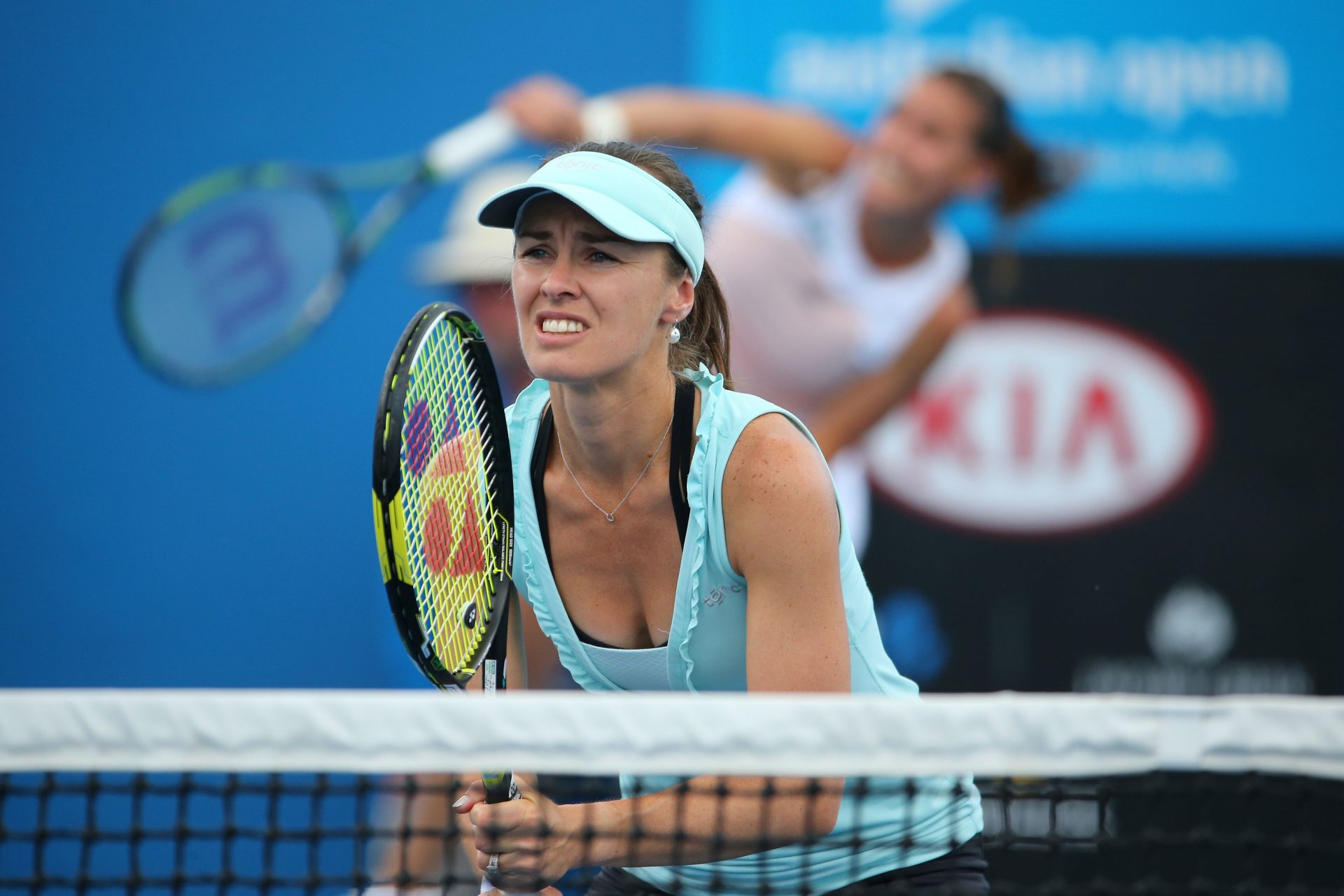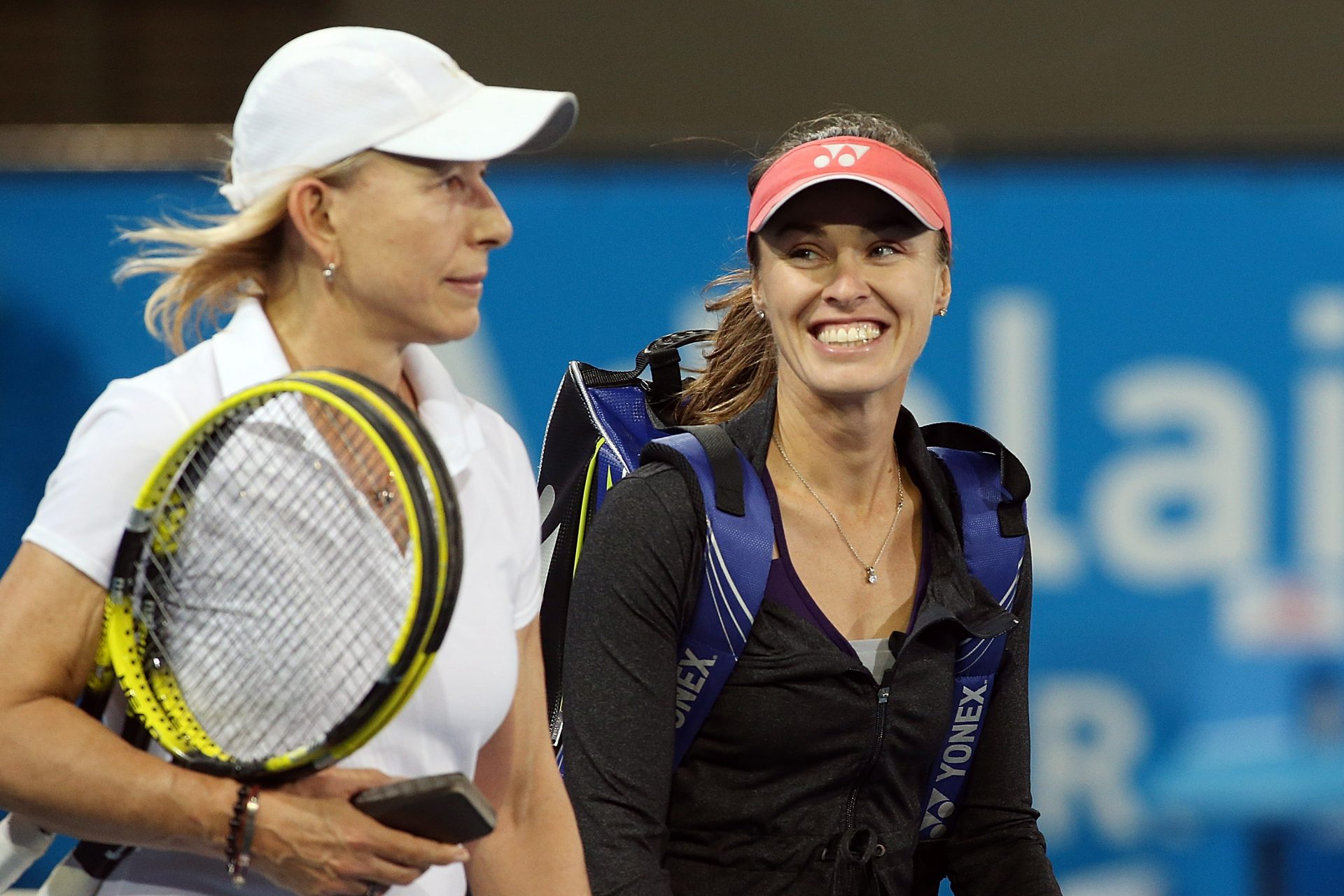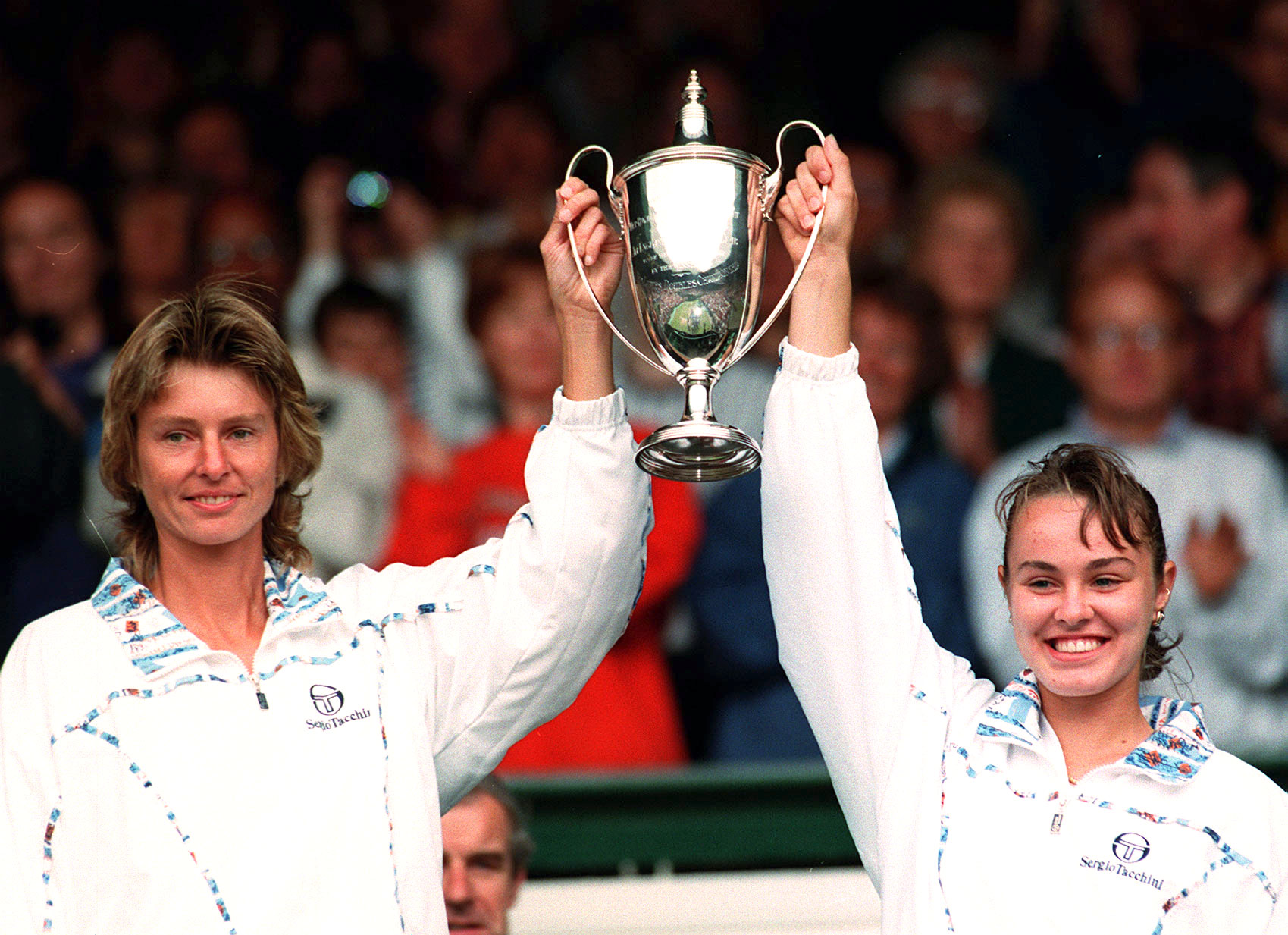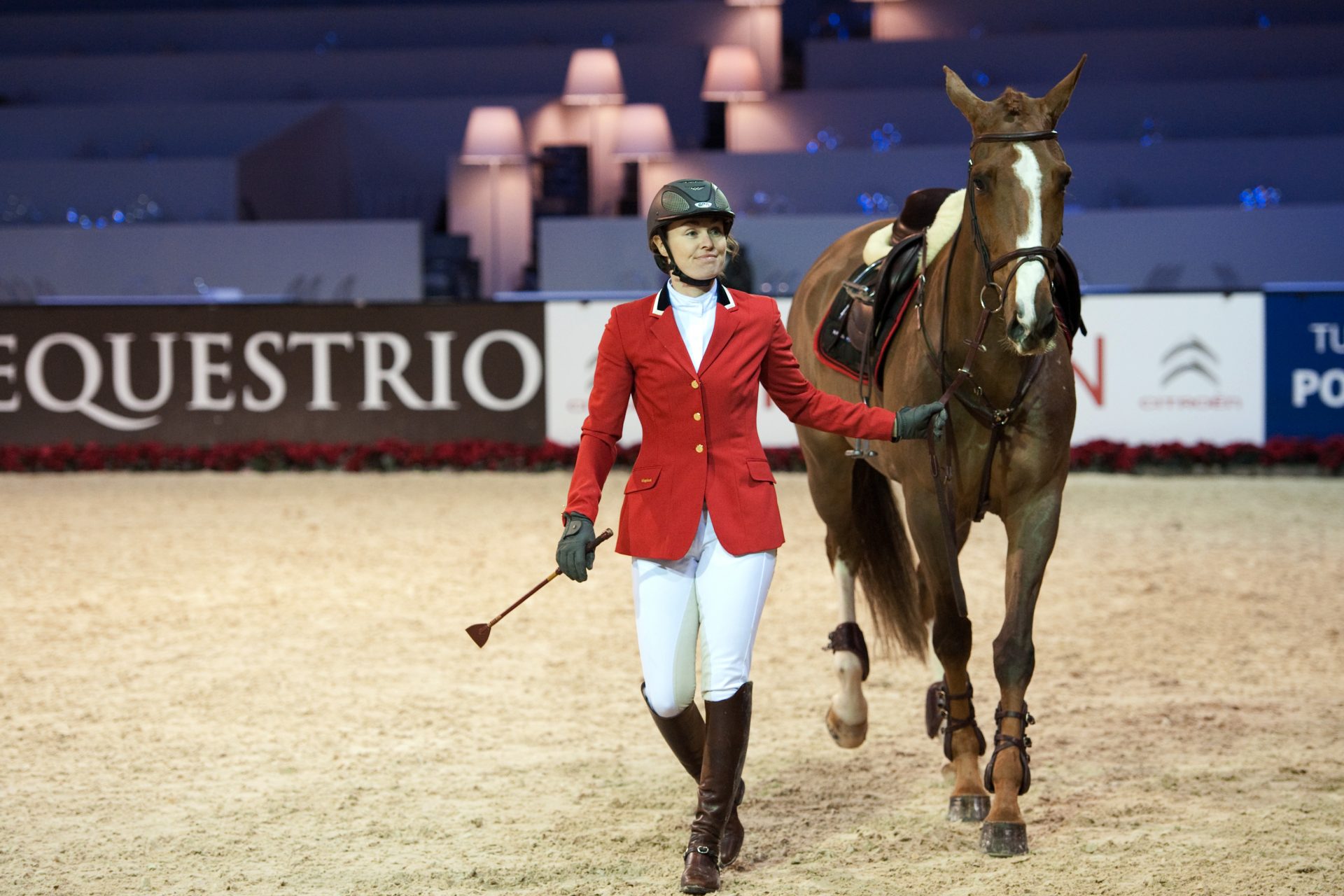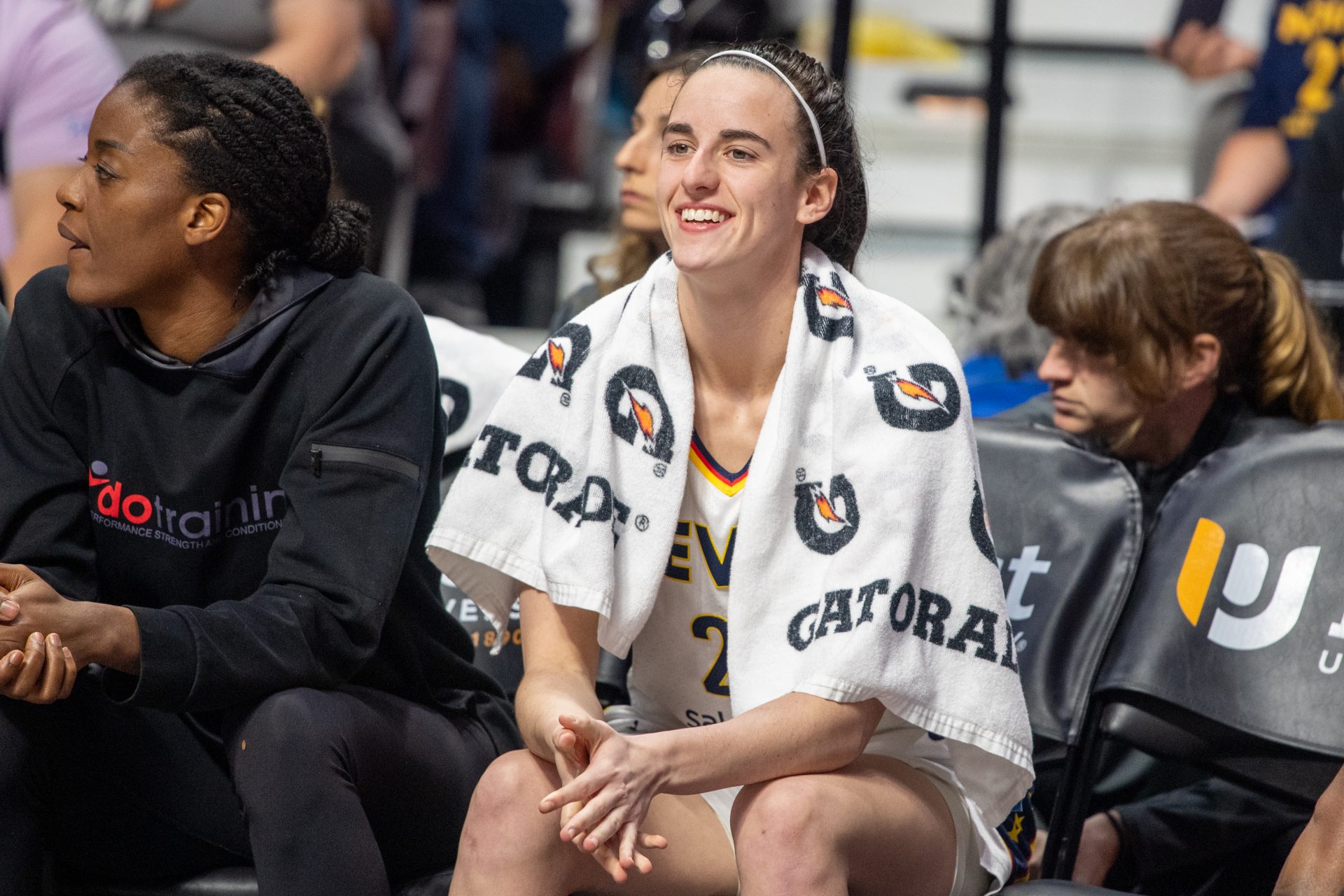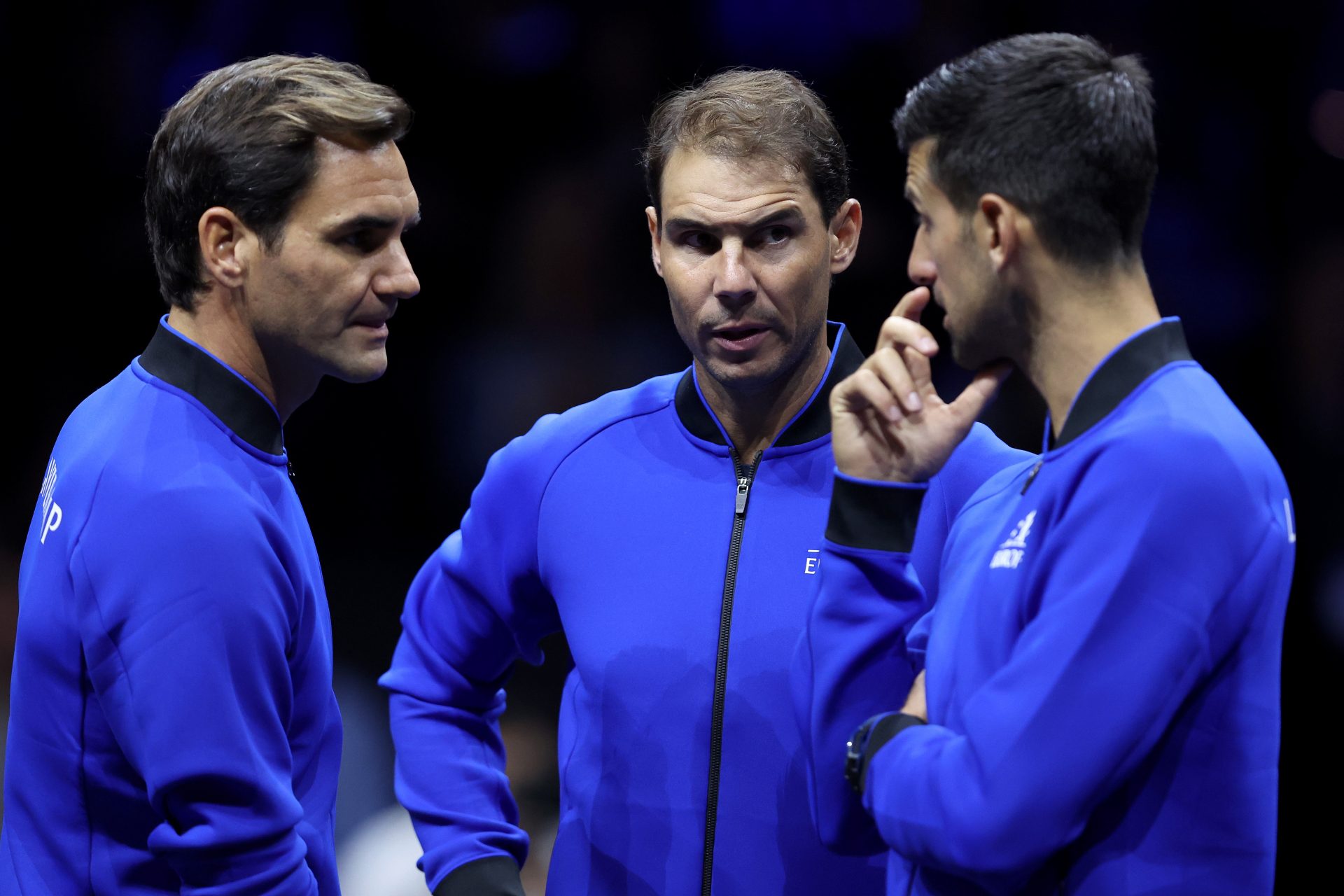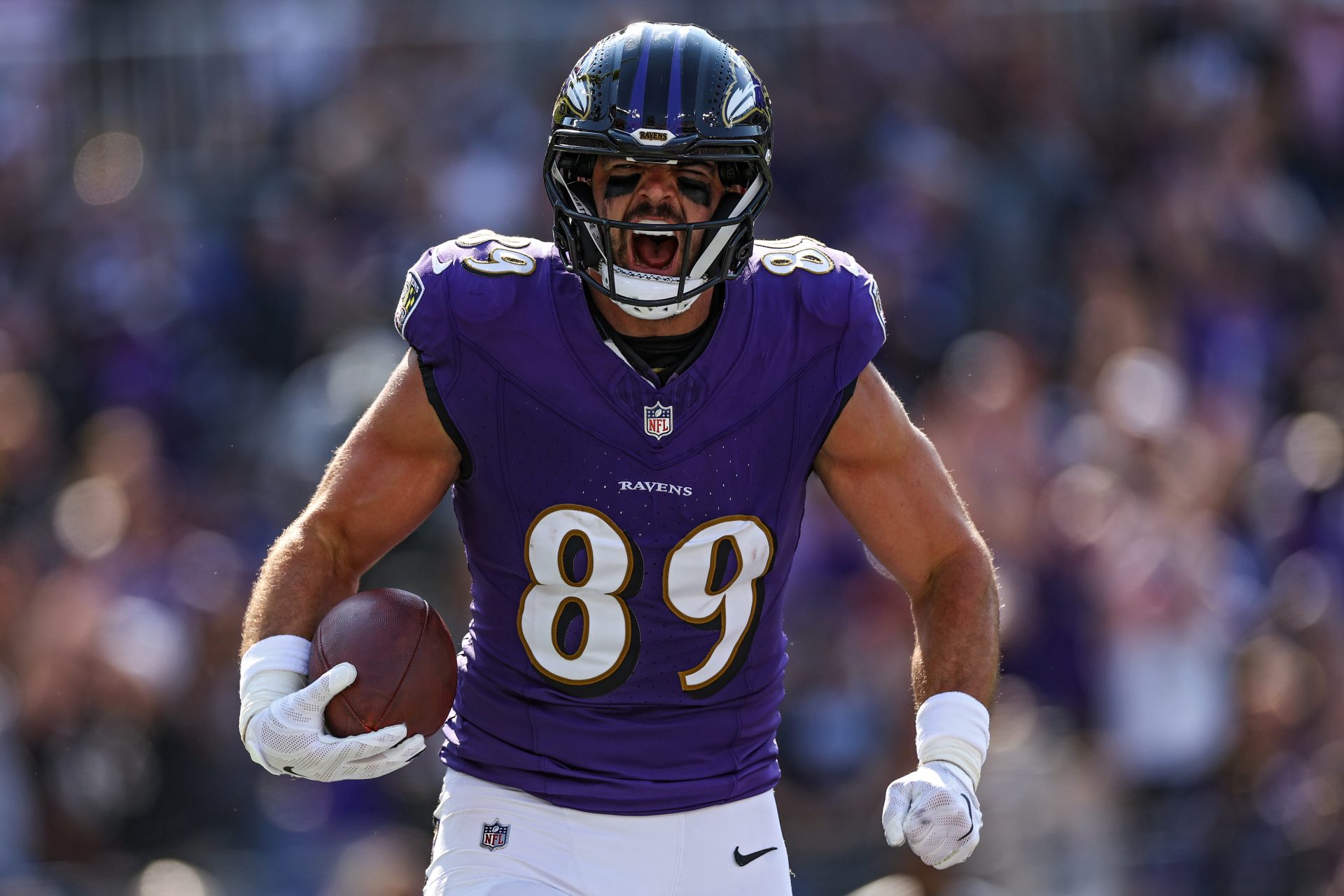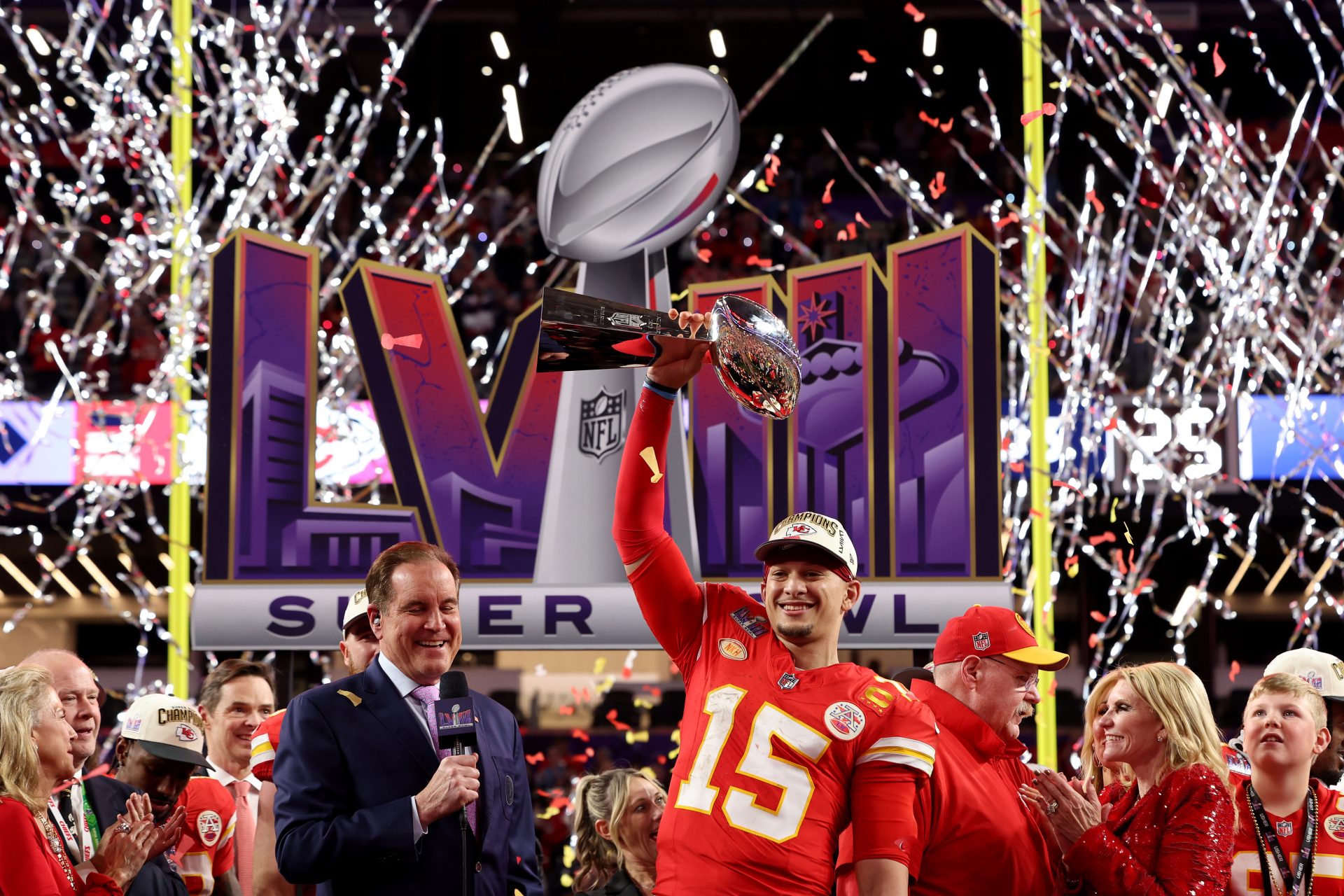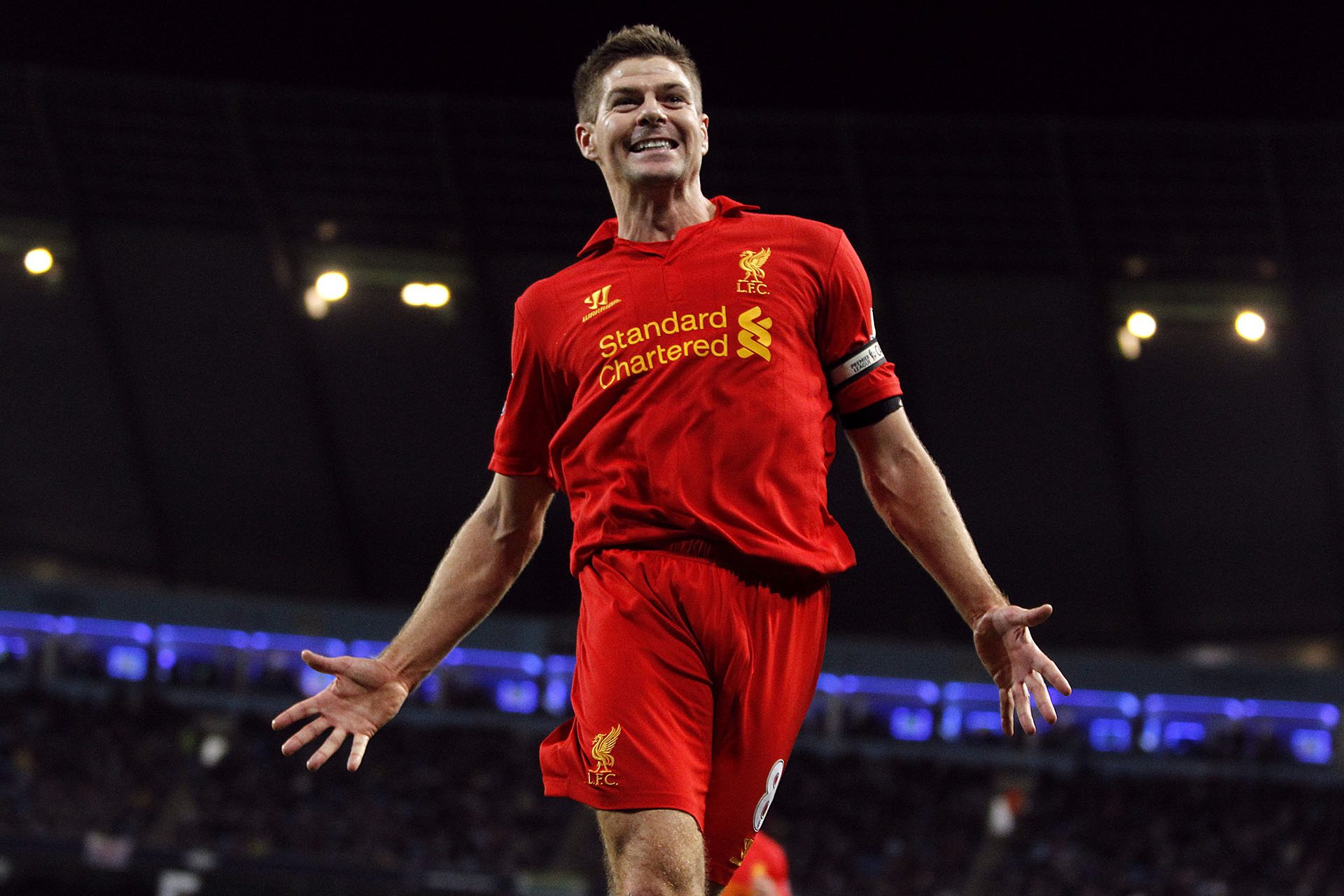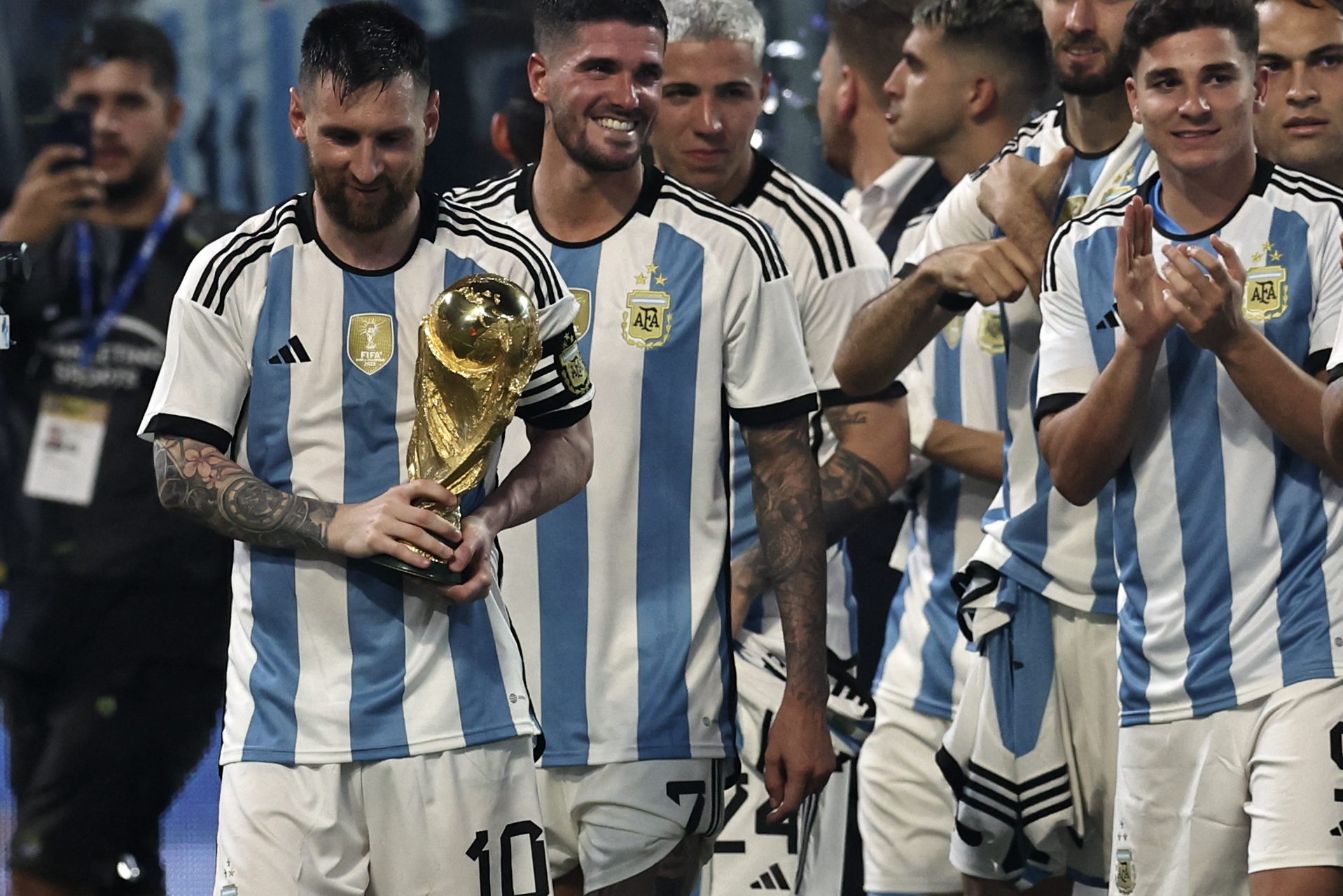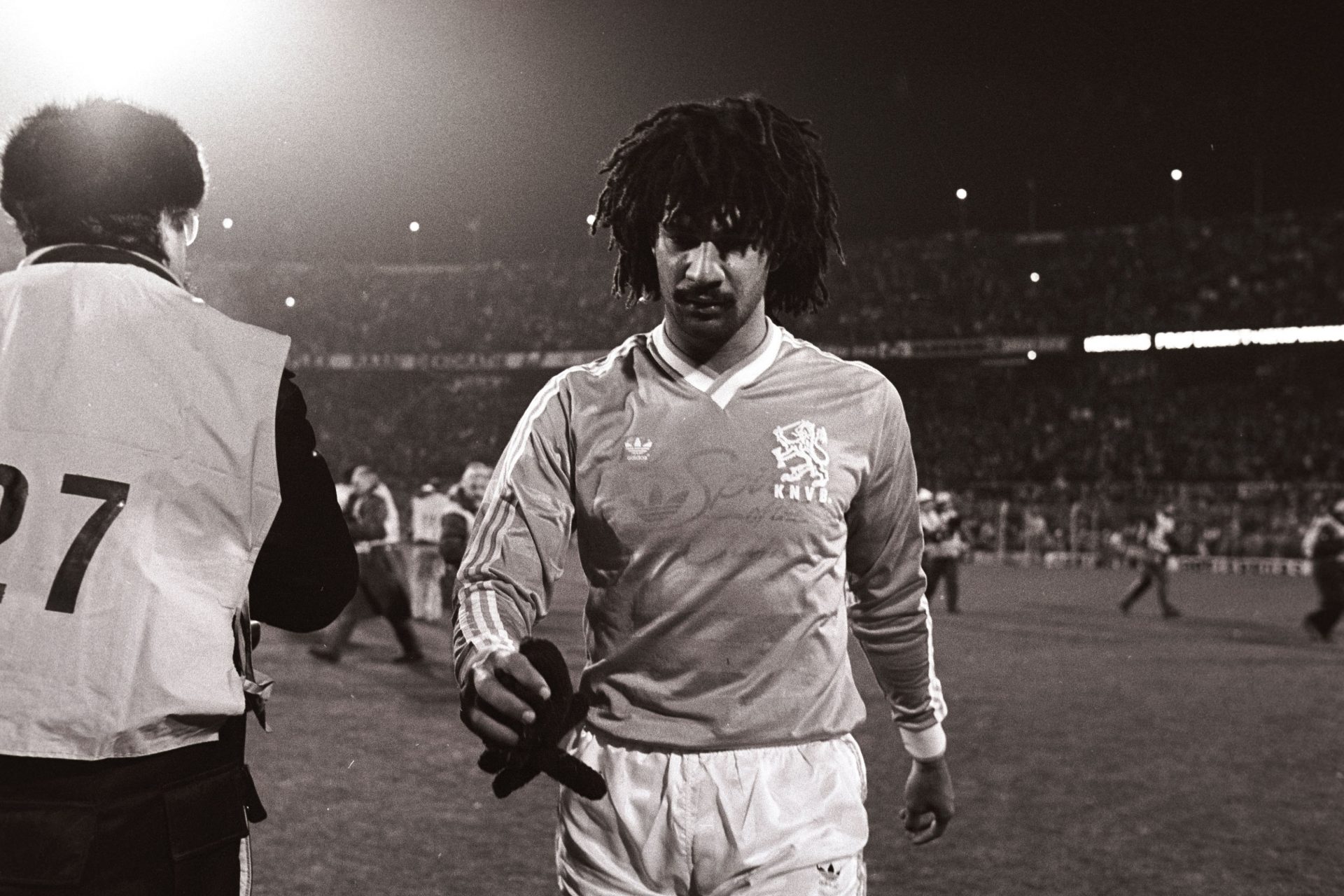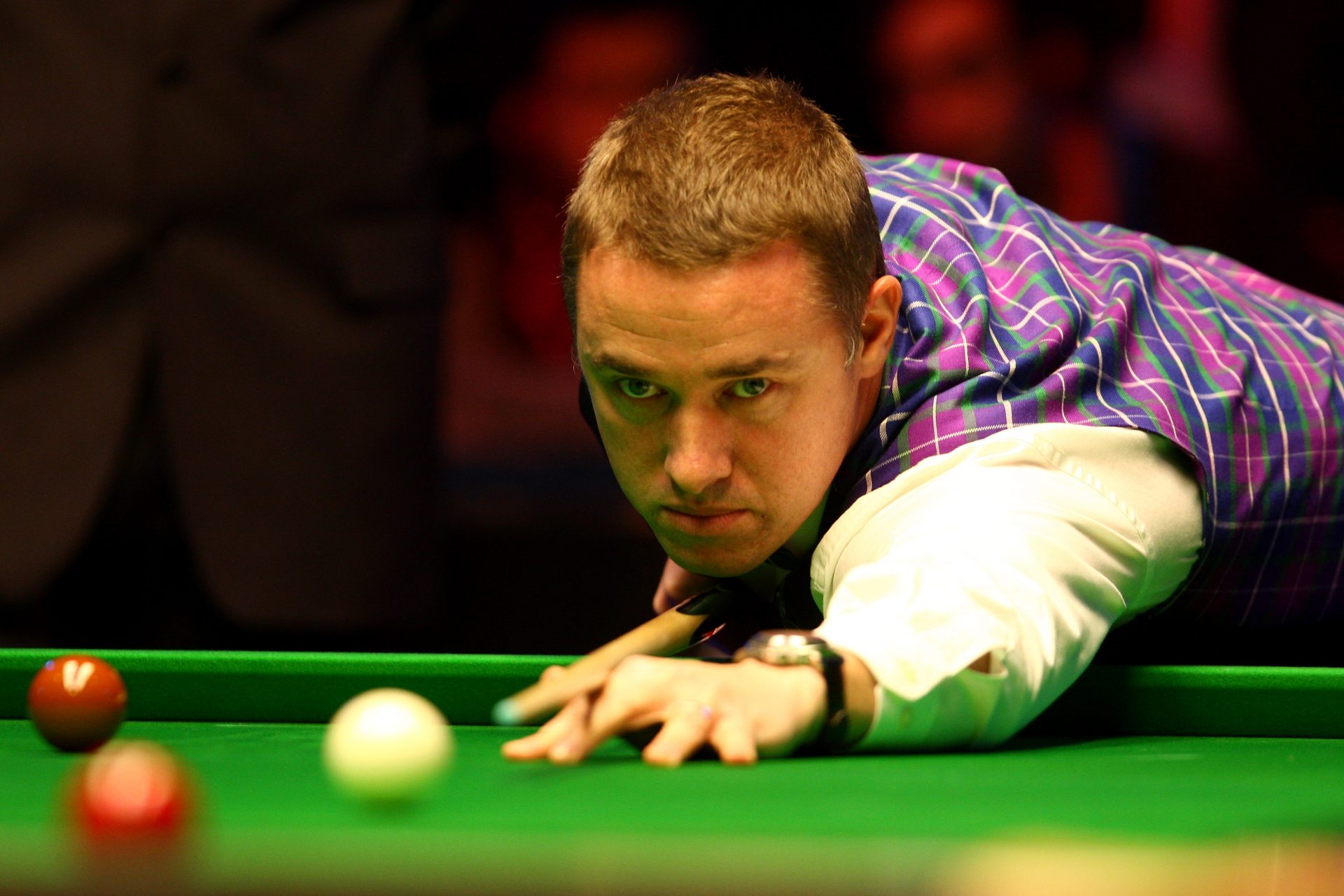11 surprising things you didn't know about Martina Hingis
Martina Hingis is one of the greatest icons in women's tennis and is adored by fans all over the world.
Nobody has had a career like Hingis. Though there may have been more dominant players, the Swiss Miss has a unique story that is unlike anybody who has come before or since. But how well do you know her?
Martina’s mother, Melanie Molitor, was a huge fan of Martina Navratilova, so much so that she named her daughter after the tennis icon. It seems fitting, given that Hingis would later carve out her own legendary path in tennis.
Want to see more like this? Follow us here for daily sports news, profiles and analysis!
Hingis claimed her first Grand Slam title at Wimbledon in 1996 in women’s doubles, making her the youngest Grand Slam champion in the Open Era. This record still stands, showcasing her precocious talent.
At just 16 years and 182 days old, Hingis became the youngest player ever to top the WTA singles ranking, highlighting just how dominant she was at such a young age. It's something we'll probably never see again either – to put it into perspective, Carlos Alcaraz is the youngest man to be crowned number one at 19 years and 129 days
From 1997 to 2001, Hingis topped the earnings list for female athletes worldwide. With her numerous endorsements and prize money, she became a financial and cultural icon in the sport, as Forbes reported.
Hingis was not only a force in singles but also dominated in doubles. In 1998, she achieved the rare feat of winning all four Grand Slam doubles titles in a calendar year – a testament to her versatility and teamwork.
Despite her Wimbledon success, Hingis preferred hard courts and clay for their slower pace, which complemented her strategic playing style. Her finesse often outmanoeuvred players who relied on power.
Hingis’s passion for horseback riding offered her a sanctuary from the pressures of professional tennis. “When I was playing professional tennis I would always go for a ride after a big match. Escaping into the countryside on horseback was an antidote to all the noise and stress of competing,” she told Express in 2014.
Hingis retired in 2003 at the age of 22, citing persistent injuries. Some critics speculated that the increasingly physical nature of the game forced her hand, while others wondered if she had simply lost her drive for the sport. As she told the Guardian in 2004: "When you are at the best of your game, you carry yourself on that wave. Some last longer, some less.... sometimes it lasts less long because your priorities change."
After returning to the sport in 2005, she soon faced a setback. In 2007, Hingis tested positive for a recreational drug and subsequently retired from the sport. She vehemently denied using the drug and spent $500,000 (£375,000 / €425,000) in legal costs to appeal the ban – an appeal that ultimately proved unsuccessful.
Although Hingis was already a star in the late 1990s, she had to wait until the 2016 Rio Olympics to win her first medal – a silver in doubles with Swiss partner Timea Bacsinszky. She was 16 years old when she first competed at the Atlanta Games, bowing out in the quarterfinals, so winning a medal at 35 was a fitting cap for Hingis' unique career.
Want to see more like this? Follow us here for daily sports news, profiles and analysis!
Hingis was inducted into the International Tennis Hall of Fame in 2013 for her singles achievements, but her legacy in doubles earned her a second entry, highlighting just how strong her doubles career was – much like her namesake Martina Navratilova. It looks like we've come full circle!
More for you
Top Stories



